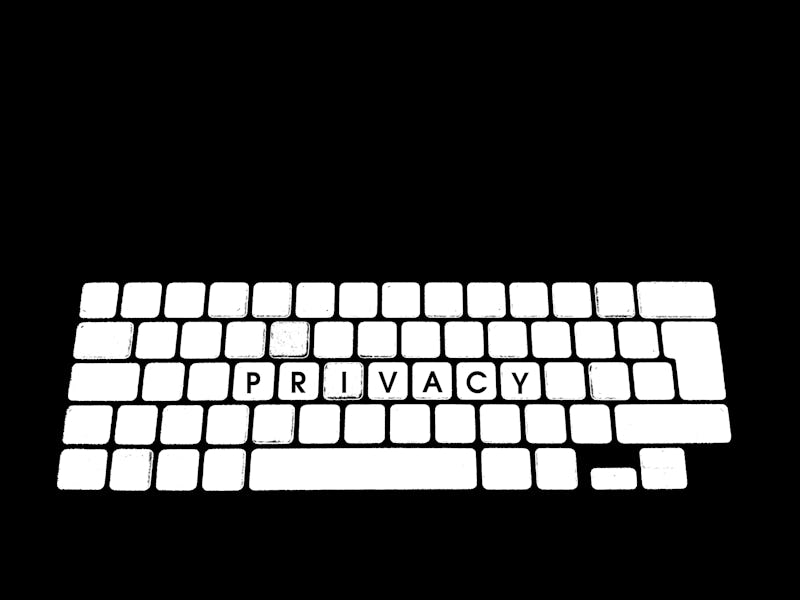For IoT Devices, Think Beyond "Wow, That’s So Cool'
Consider the privacy you are giving up.

In September, an Ohio man’s house was destroyed by a fire. He told police that he packed his suitcases and threw them out the window before escaping. Unfortunately for him, his heart monitor sold him out when police found that data from the monitor was inconsistent with his alibi. In January, he was indicted for arson.
Increasingly, the Internet of Things, or devices connected to the internet and embedded in everyday objects like cameras, toasters, and medical monitors, are tracking all sorts of data that can be used against their owners.
At a recent IoT conference at New York Law School in Manhattan, the question of who can look at what data — and what it means for the loss of privacy — remains the question of the time.
“These devices may take control away from the individual and put them in the hands of the government,” warned Jay Stanley, a Senior Policy Analyst at the American Civil Liberties Union. We sought Stanley out after and put a few more questions to him about privacy.
What are the consequences if someone hacks my smart device?
The consequences are that some of the most intimate information about you and what you’re doing in your home, about your body, about the places that you’re going, and people you’re spending time with can be released to hackers or the government, people who may use that information in all kinds of ways.
What can people do to protect themselves?
You need to be skeptical about the devices and look closely at the risks and benefits. Go beyond the first initial reaction, which is wow, that’s so cool.
Think about it in terms of narrowness for which the data is used.
Jay Stanley, senior policy analyst at the ACLU, was one of the panelists at an Internet of Things conference at New York Law School on Friday.
How can companies make privacy policies more clear to users?
It’s really important that people understand broadly what privacy they might be giving up. That means that notice needs to be given to consumers and citizens, not through tiny fine print in a click-through contract. Companies should do whatever it requires to ensure customers have a broad understanding so there won’t be nasty surprises later. They can put bold clear notices in packaging. They can put bold clear notices on their website. They can design devices in ways that make clear about how information is used.
What legislative solutions still need to be implemented?
There’s a lot of lack of clarity about how the current laws apply to devices like the Amazon Echo. Congress and state legislatures should clarify those laws to make it clear what kind of intimate data could be obtained without a warrant. They should make sure such intrusive access to data is only used in cases of serious crime. It shouldn’t be your Amazon Echo or Fitbit being used in a jaywalking case.
Do you see privacy being more threatened during the Trump administration?
Privacy has been in dire straits for a long time. The Obama administration pursued many policies that were terrible for privacy. There are reasons to be extra-worried about the Trump administration based on things President Trump said during the campaign. For example, he supported the NSA’s mass collection of telephone metadata. He’s made noise about engaging in mass surveillance of Muslims in mosques. He’s made noise about a Muslim registry. He’s made noise about increasing over-policing of poor minority communities, which is increasingly using privacy-invading technologies such as predictive policing.
Privacy in many ways is a social good. There are certain ways we have decided as a society we will not have privacy. If you buy or sell a home, that’s recorded publicly. You can’t drive a car without a license plate in the back. But because technology is moving so fast, there are a lot of areas where those decisions haven’t been made. We have to make decisions on a collective level to protect our privacy because there’s only so much individual can do. We published a list of relatively easy things people can do to protect online privacy.
Human beings will always demand a certain level of ability to do and say things out of the public eye. You just can’t live as a human being without those abilities, and yet those things are being increasingly challenged by technology. So privacy will win in the end, but there’s often a lag between when people lose their privacy and when people realize they lost their privacy, especially when technology is moving so fast.
This interview has been edited for clarity and brevity.